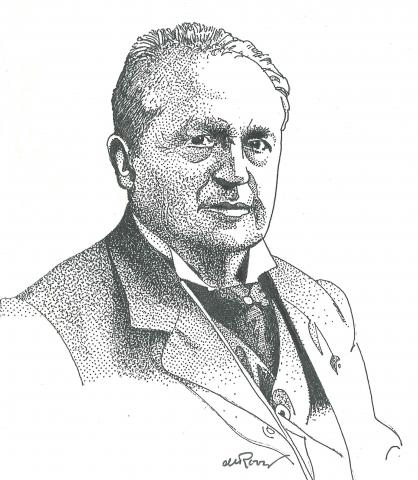A revised and updated version of
Abraham Kuyper: An Annotated Bibliography 1857-2010 by Tjitze Kuipers (2011)
You can buy a printed edition of this book on the site of the publisher.
1899
Answer to questions posed by the editors of La Foi et la Vie in an enquète sur l’état du protestantisme évangélique. In Kuyper’s view the questions did not really suit the specific developments in Dutch Protestantism and therefore he gave a brief sketch of those developments in the nineteenth century. The sketch identifies three schools of thought that manifested themselves in the Netherlands at the end of the century: the Calvinist school in the Reformed Churches; the revivalist or methodist school, which became active in the fields of evangelization, missions, and philanthropy; and the ethical school, which was best represented in the state universities and among pastors in the state church (the Dutch Reformed Church). In Kuyper’s analysis, the last two schools of thought had abandoned their responsibility, leaving only Calvinism as a viable life-system and worldview.
In Kuyper’s view Dutch Protestantism was facing a dilemma: it could either abdicate its responsibilities or it could assure itself of a future by giving an answer to the problems afflicting a troubled and nearly despondent new generation. The flexibility of the principles of Calvinism made it possible to bring it in accordance with the time—élevé à la hauteur de notre temps. Calvinism had the potential to provide a new philosophy, a profound theology, a solid morality, and answers consistent with the principles of faith that could be applied to every field of life. As Kuyper puts it, the Calvinists are “well equipped, well armed, and filled with an enthusiasm that guarantees us the final victory.”

